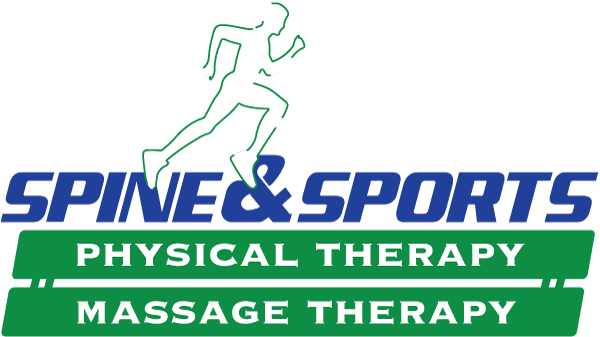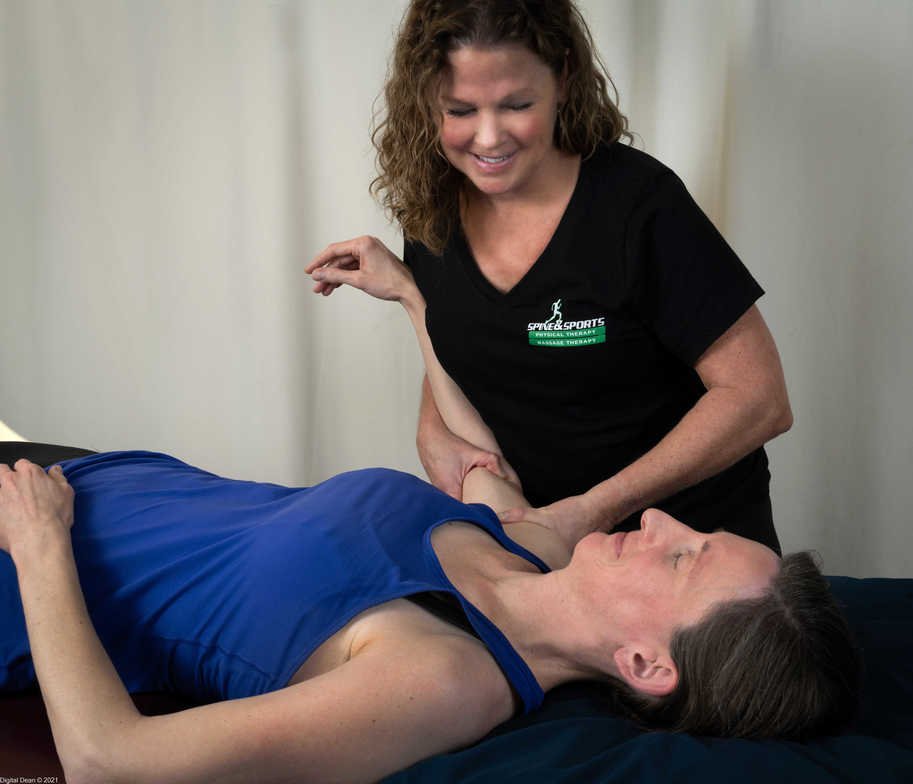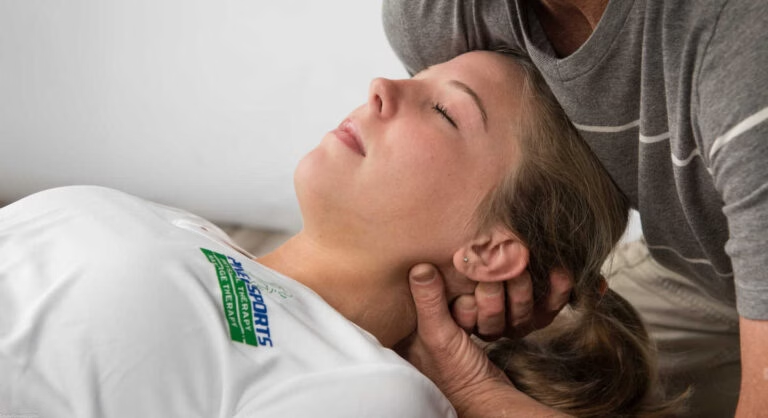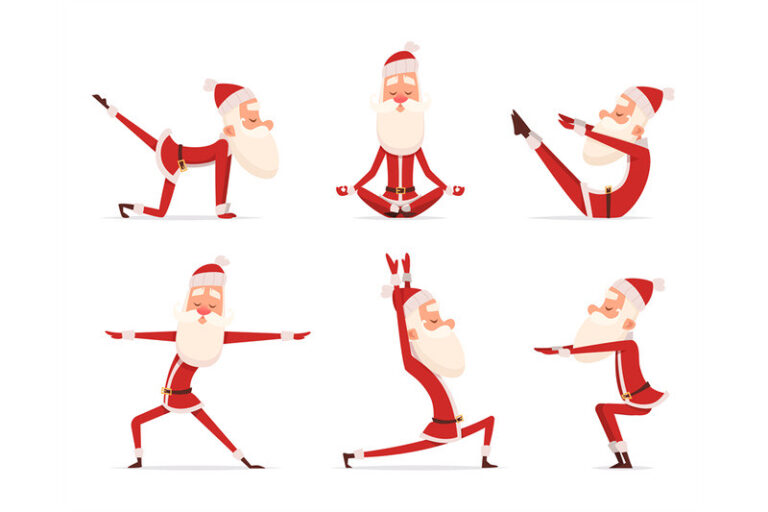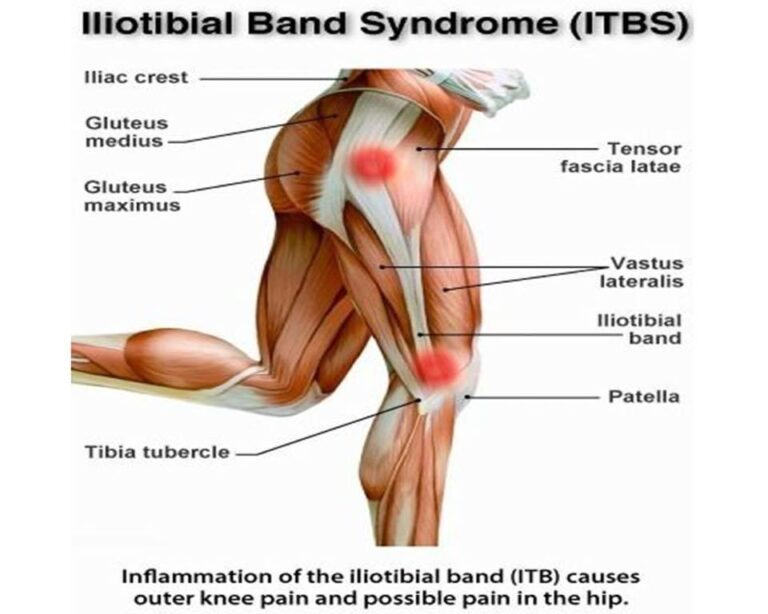It is officially winter, but that’s not quite what this article is about. A frozen shoulder is a common shoulder dysfunction and this article describes how one comes to acquire it.
It has been described as “a chronic inflammatory process involving the capsule of the shoulder causing a thickening and contracture of this structure which then becomes adherent to the humeral head.” The end result is shoulder pain with reduced range of motion. It can also be known as adhesive capsulitis, adhesive bursitis, or irritative capsulitis along with several other names.
What causes frozen shoulder?
Although the defining pathology of frozen shoulder is fibrosis of the capsule, the exact cause of the fibrosis is not clearly understood.
- Idiopathic
- Insidious onset – nothing significant in history
- Commonly in women older than 45 years
- It frequently involves the non-dominant arm but occurs bilaterally in 16% of patients
- Patients exhibit a slow onset, pain disrupted sleep, painful and significant restriction of external rotation and abduction
- Condition progresses through four separate stages, with each stage lasting approximately 3-5 months
- Acquired
- Acute onset associated with trauma followed by immobilization or unintentional usage
- Often marked by:
- An acute onset associated a trauma
- Injury including acute fractures, missed fractures and dislocations
- Surgery including arthroscopic and rotator cuff repair
Treatment Concepts
- Idiopathic (Primary) Frozen Shoulder
- It is recommended that the treating practitioner identify the patient’s stage of frozen shoulder to properly treat.
- Treatment will be stage specific and will always include education
- Important for the patient to use their arm as much as possible in available pain-free ROM.
- Acquired (Secondary) Frozen Shoulder
- Prevention: early passive range of motion exercises should be performed to avoid capsular restriction
- Depending on the stage of the condition treatment may vary from gentle passive range of motion, to mobilization of the joint capsule, stretching and strengthening of key muscle groups.
Frozen shoulder is something which many people will attempt to work through on their own hoping the condition will pass spontaneously. This can lead to severe restrictions in range of motion, muscle wasting, and long term dysfunction of the shoulder. A physiotherapist can help to manage and reduce pain while improving function through the progressive stages of frozen shoulder.
Check with your physiotherapist for more information on these and other great tips.
